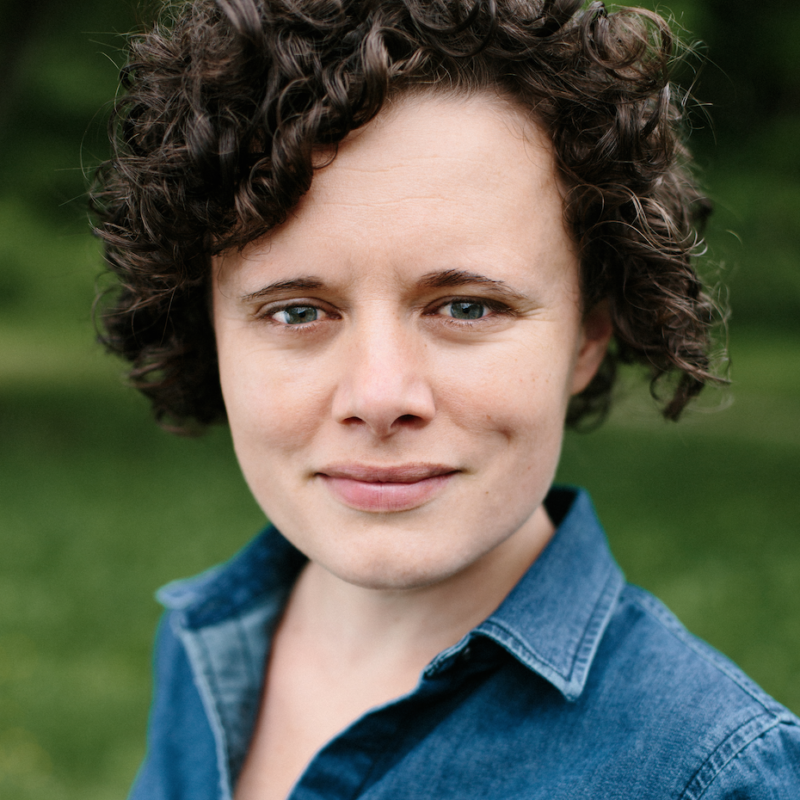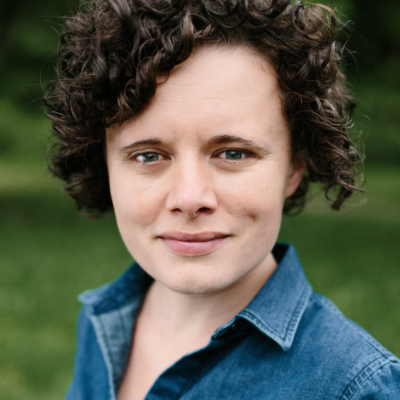When City Council adopted a new zoning code in late 2023, the action granted property owners the ability to build many more houses and apartments than under the old rules. Charlottesville’s housing program manager said that has made property more valuable.
“We have occurrences of rising land costs [and] speculative development that may happen within our market,” said Antoine Williams.
The new development code came after adoption of an affordable housing plan that laid out many steps to mitigate the effects additional density might have on property costs. One tool would be the creation of a new entity that would purchase land on behalf of other groups to construct new units.
“The Land Bank Authority will have a board just like the Charlottesville Economic Development Authority has its board,” Williams said.
Appointments to that board would be made by City Council. Williams said funding for the land bank would come from many sources including area philanthropic donations.
The idea has been in development since a housing study in 2016 recommended the concept as one way to bring down the cost to rent or sell units to low-income households. A draft ordinance was in the works in 2018 but the idea was put on hold until the new Comprehensive Plan and zoning were complete.
Charlottesville City Councilor Michael Payne wants the local government to be able to act fast to acquire existing affordable units that may be at risk of entering the private market.
“Even when some of our nonprofit partners aren’t immediately in a position to develop that property, if we can kind of reserve it for affordable housing,” Payne said, “I think there’ll be a long-term benefit there.”
Councilor Lloyd Snook said he is concerned it may be difficult for elected officials to track the activities of yet another entity. He noted Payne is on the Charlottesville Redevelopment and Housing Authority, but that doesn’t mean the city gets reports.
“I don’t think we have very much of an idea what CRHA is doing or how it’s doing or whether it’s doing it well,” Snook said.
A draft land bank ordinance has been reviewed by the city attorney’s office and a public hearing could be held in the fall. The idea is to establish the land bank by the end of the year.
In the nine years since the idea first came up, council has become more used to buying property or contributing to transactions by others.
In January 2017, City Council spent $2.85 million to purchase two buildings in the 800 block of East Market Street for a parking garage that would later be abandoned. The city remains a landlord.
Council contributed $5 million two years ago to the Charlottesville Redevelopment and Housing Authority to cover half the purchase price for the 74 housing units known as the Dogwood Housing. In early 2024, it also paid CRHA $4 million for land at 405 Avon St., for which there are no plans to build housing.
Last year, council agreed to an $8.7 million forgivable loan to Piedmont Housing Alliance and Habitat for Humanity of Greater Charlottesville to purchase the Carlton Mobile Home Park. Both nonprofit groups also got funding in the current fiscal year to cover land purchases.
Meanwhile, the CRHA continues to purchase properties across the city. The agency most recently spent $2.2 million to buy 212 and 217 Fifth St. SW in a deal that closed on January 14.
While talk of the creation of a land bank continues, the Charlottesville Redevelopment and Housing Authority is using its resources to purchase property such as this house on Fifth Street SW, which was part of a $2.2 million deal. Photo: City of Charlottesville.






